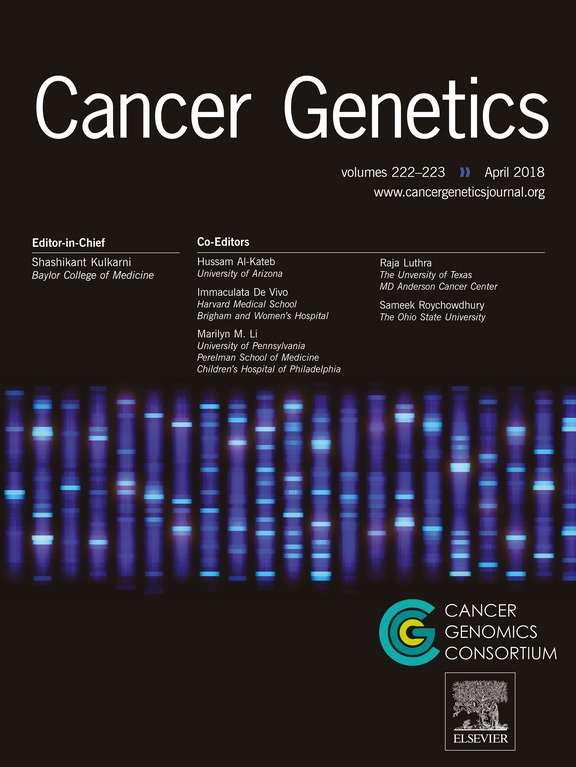2022 Invited Speakers
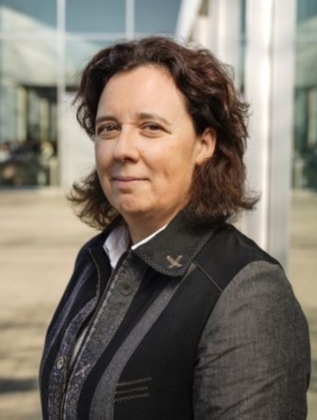
Valérie Barbié
Valérie Barbié is the Director of the Clinical Bioinformatics group at SIB Swiss Institute of Bioinformatics, in Switzerland. She studied computer sciences in France and the United States, and quickly became passionate about life sciences and health applications, embracing a bioinformatics career at the French National Center for Scientific Research (CNRS). In 2001, she entered the pharmaceutical industry, holding various positions in bioinformatics, biomarkers and stratified medicine, then joined the Swiss Institute of Bioinformatics in 2015.
She's currently co-investigator of Swiss national platforms in oncology and medical genetics, in collaboration with several hospitals across the country, to collect, harmonize and share genomics data generated in clinical practice. Since 2018, Mrs. Barbié has served as an expert for the personalized medicine ICPerMed and ERAPerMed European consortia. Her group is also strongly involved in infectious diseases, managing the Swiss platform for the surveillance of SARS-CoV-2 genomes and sharing these data at the European and international level.
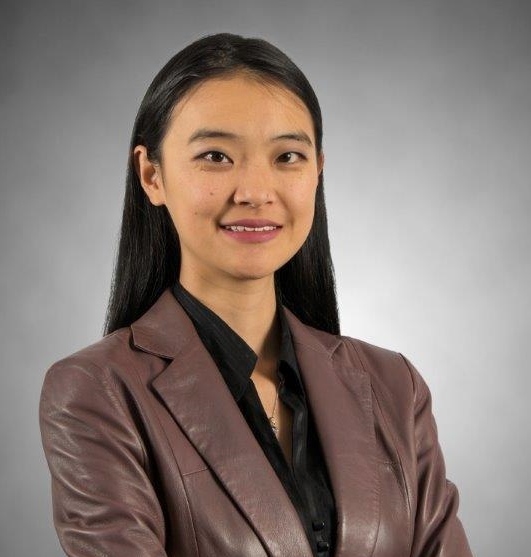
Jian Carrot-Zhang, PhD
Dr. Jian Carrot-Zhang, PhD, is an Assistant Attending in the Computational Oncology Service at Memorial Sloan-Kettering Cancer Center (MSKCC). Her research focuses on understanding germline-somatic interactions in multi-ethnic populations. She develops computational and statistical approaches to characterize ancestral effects on the cancer genomes. She led a project in collaboration with The Cancer Genome Atlas (TCGA) research network to identify ancestry-specific molecular features across multiple cancer types. Dr. Carrot-Zhang obtained her PhD in Human Genetics from McGill University and trained at Dana-Farber Cancer Institute as a postdoctoral research fellow with Dr. Matthew Meyerson. Prior to MSKCC, she was an Instructor in Medicine in Harvard Medical School.
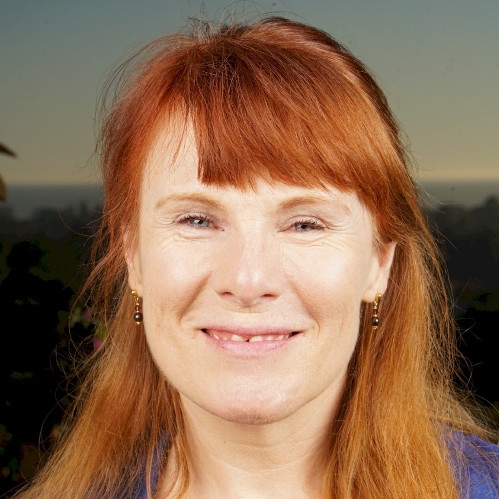
Melissa Cline, PhD
Dr. Melissa Cline is an Associate Research Scientist at the UC Santa Cruz Genomics Institute. She is the Program Manager of the BRCA Challenge, a consortium launched by the Global Alliance of Genomics and Health to pioneer methods for privacy-preserving data sharing with the goal of expediting genetic variation. She leads the development of BRCA Exchange, the world’s largest public repository on BRCA variation, and on federated analysis methods for germline variant interpretation. Dr Cline received her Ph.D. from UC Santa Cruz in 2000. Subsequently, she worked as a Senior Research Scientist at Affymetrix and as a postdoctoral researcher at the Pasteur Institute and UC Santa Cruz, ultimately joining the Genomics Institute in 2009.
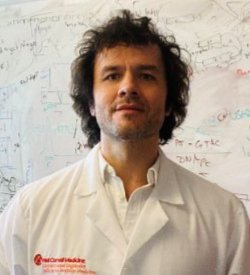
Marcin Imielinski, MD, PhD
Marcin Imieliski MD, PhD is a physician-scientist and cancer genomicist whose primary research focus has been to understand patterns of complex, noncoding, and structural genomic variation in human cancer. As a molecular genetic pathologist, he is interested in the clinical applications of whole genome sequencing. Prior to joining WCM and NYGC, Marcin Imieliski completed a postdoctoral fellowship with Matthew Meyerson at the Broad Institute, residency and fellowship in molecular pathology at Massachusetts General Hospital and Harvard Medical School, MD and PhD in genomics and computational biology at the University of Pennsylvania, and B.S. in Computer Science from Rutgers College. The Imieliski laboratory has recently uncovered three novel classes of complex rearrangements through the development of a paradigm shifting algorithmic approach to whole genome sequencing analysis called gGnome (Cell 2020). They have also applied these methods to delineate SV patterns in telomere crisis (Nature Communications 2021) and lung adenocarcinomas that lack known oncogenic drivers (Cell Reports 2021). Recent work has included the application of long read sequencing to understand cooperativity in high-order 3D genome structure through the development of a new assay (Pore-C) and computational methods (Chromunity) (Nature Biotechnology 2022). The Imieliski lab’s previous work (Cell 2017) provided some of the first evidence that passenger somatic mutation patterns in human cancer reflect transcriptional states of cells of origin. His laboratory has developed innovative WGS methods for structural variant assembly (SvAbA, Genome Research 2018) and driver nomination (fishHook, Cell 2017), which have been used in PCAWG (Nature 2020, Cell 2021) and other collaborative studies (Nature 2018, Nature 2021, PNAS 2021). He has an h-index of 50, having contributed to over 100 publications that have been cited over 38,000 times.
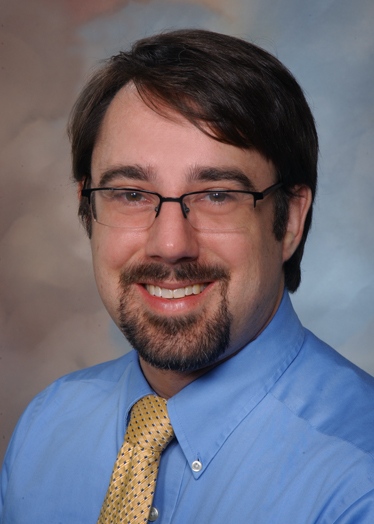
Eric Q. Konnick, MD, MS, FCAP
Dr. Konnick earned his BS in biology at the University of Utah and was a Research and Development Scientist at Associated Regional and University Pathologists (ARUP) Laboratories for 7 years prior to enrolling in medical school. During this time he developed numerous molecular infectious disease assays, designed and implemented multiple informatics applications & interfaces, and earned his master‘s degree in Laboratory Medicine and Biomedical Science. He obtained his MD at the University of Utah, and subsequently completed a residency in Anatomic and Clinical Pathology and a fellowship in Molecular Genetic Pathology at the University of Washington. He is currently an Assistant Professor and an Associate Director of the Genetics and Solid Tumor Laboratory (GSTL) in the Department of Laboratory Medicine and Pathology at the University of Washington. He is responsible for the preanalytical assessment of all tissue samples tested in the GSTL, as well as design, implementation, and analysis of next-generation sequencing tests for germline and somatic variants related to treatment biomarkers and cancer predisposition assessment. His research interests involve the overlap of germline and somatic testing and somatic mosaicism.
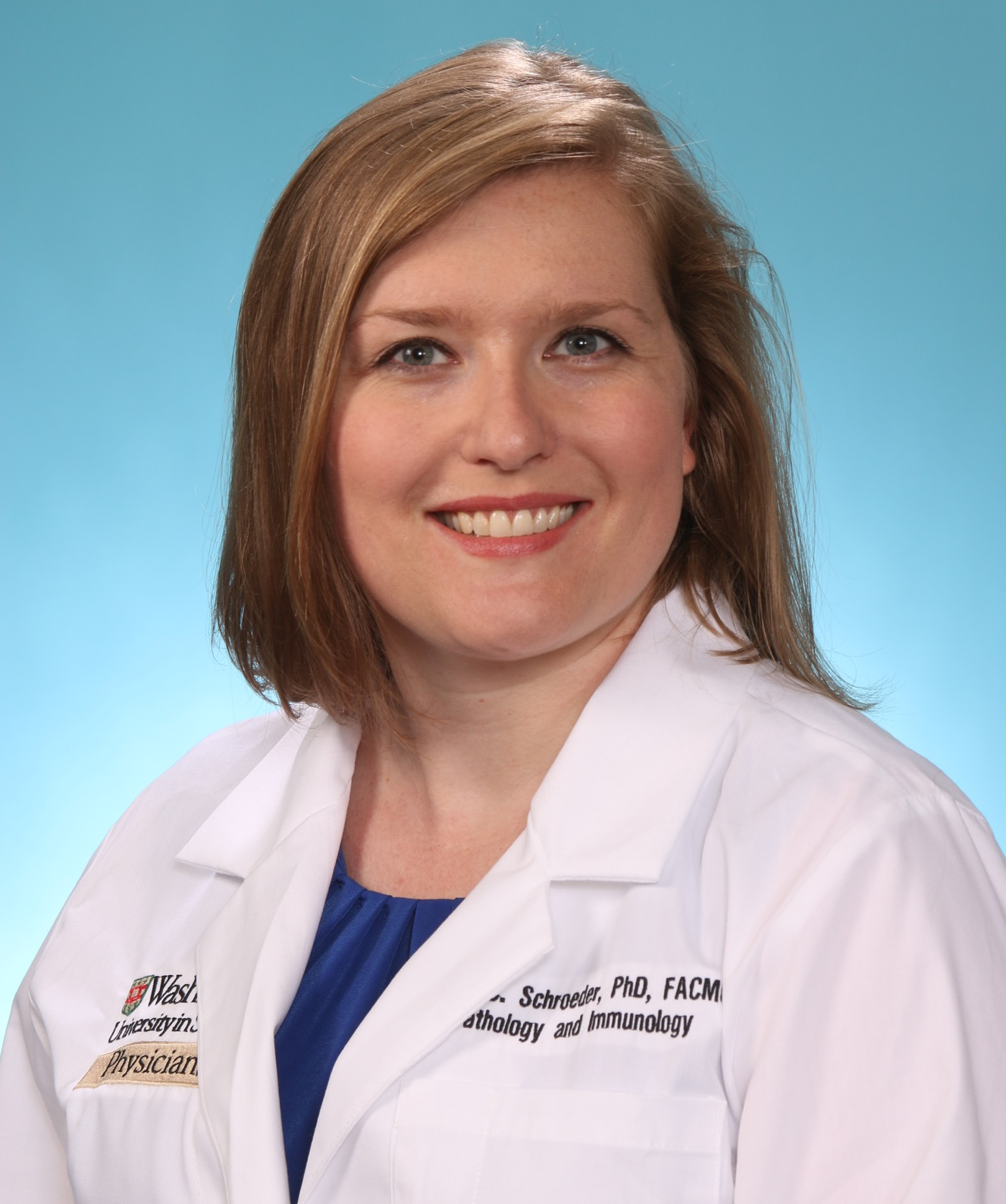
Molly Schroeder, PhD, FACMG
Molly Schroeder, PhD, FACMG, is a clinical laboratory geneticist at Washington University School of Medicine in St. Louis. Dr. Schroeder completed her doctorate at Baylor College of Medicine, followed by fellowships in clinical molecular genetics and cytogenetics at Case Western Reserve University. She then joined the Clinical Services Laboratory at HudsonAlpha Institute for Biotechnology where she served as laboratory director, overseeing a test menu including constitutional genome sequencing. In 2018 Dr. Schroeder became an Assistant Professor in the Division of Laboratory and Genomic Medicine, Department of Pathology and Immunology, at WashU. Her clinical activities range from karyotyping to genome sequencing in cancer.


